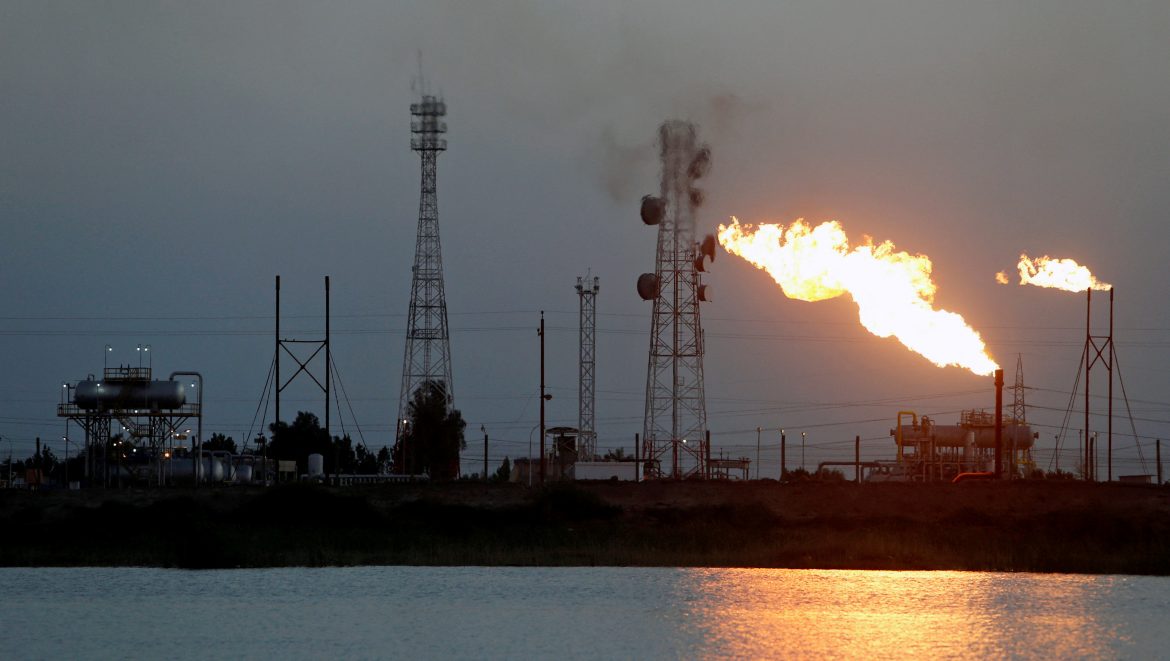Saudi Arabia and other OPEC+ oil producers on Sunday announced additional cuts to oil production of about 1.16 million barrels per day. Analysts predicted an immediate increase in prices, and the US deemed the action unwise.
According to report, the pledges raise the overall amount of cutbacks by OPEC+, which includes Russia and other allies in addition to the Organization of the Petroleum Exporting Countries, to 3.66 million bpd, or 3.7% of global demand.
The event on Sunday occurs the day before a virtually convened meeting of an OPEC+ ministerial panel, which also includes Saudi Arabia and Russia, and which had been anticipated to maintain the 2 million bpd oil curbs already in place through the end of 2023.
On worries that a worldwide banking crisis would affect demand, oil prices last month plummeted towards $70 per barrel, the lowest level in 15 months. Nevertheless, after sources discounted this possibility and crude returned near $80, it was not thought that OPEC+ would take further action to support the market.
The latest reductions could lift oil prices by $10 per barrel, the head of investment firm Pickering Energy Partners said on Sunday, while oil broker PVM said it expected an immediate jump once trading starts after the weekend.
Read Also: india-to-issue-tenders-for-250-gw-of-new-renewable-capacity-by-march-2028
“I expect the market to open several dollars higher … possibly as much as $3,” said PVM’s Tamas Varga. “The step is unreservedly bullish.”
Top OPEC producer Saudi Arabia said it would cut output by 500,000 bpd. The Saudi energy ministry said the kingdom’s voluntary reduction was a precautionary measure aimed at supporting the stability of the oil market.
“OPEC is taking pre-emptive steps in case of any possible demand reduction,” Amrita Sen, founder and director of Energy Aspects, said.
Last October, OPEC+ had agreed to an output cut of 2 million bpd from November until the end of the year, a move that angered Washington as tighter supply boosts oil prices.
The U.S. has argued that the world needs lower prices to support economic growth and prevent Russian President Vladimir Putin from earning more revenue to fund the Ukraine war.
The Biden administration said it sees the move announced by the producers on Sunday as unwise.
Story adapted from CNN
